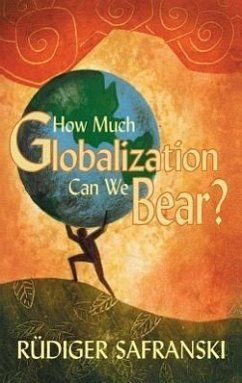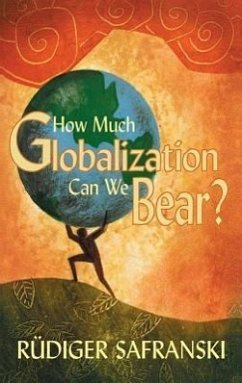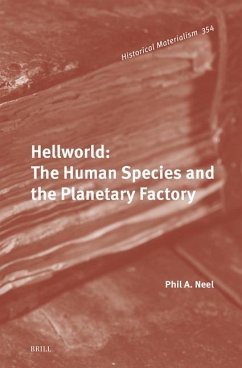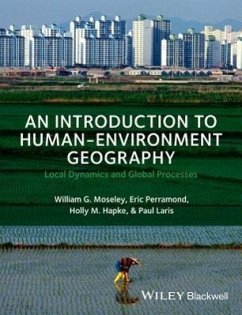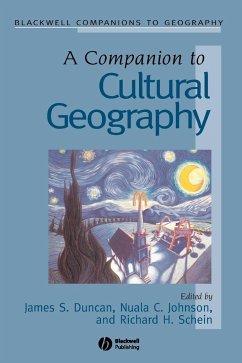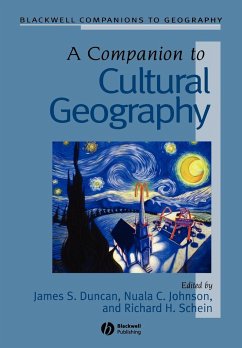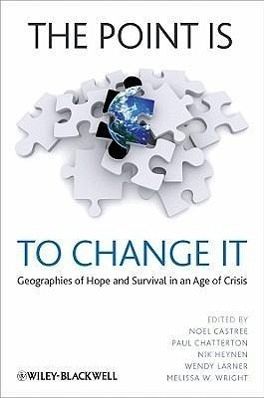
The Point Is to Change It
Geographies of Hope and Survival in an Age of Crisis
Herausgeber: Castree, Noel; Wright, Melissa W; Larner, Wendy; Heynen, Nik; Chatterton, Paul A
Versandkostenfrei!
Versandfertig in über 4 Wochen
33,99 €
inkl. MwSt.
Weitere Ausgaben:

PAYBACK Punkte
17 °P sammeln!
As critical social scientists are apt to say, following Marx, the point of our work is not simply to interpret the world but to change it. In the early 21st century this declaration rings truer than ever. Global economic crisis, transnational environmental problems, record levels of malnourishment, never ending wars, proliferating natural disasters, the forced displacement of whole populations, manufactured scarcities of fuel and food: these and other equally momentous issues demand the right combination of diagnostic and normative reasoning The Point is to Change It brings together leading cr...
As critical social scientists are apt to say, following Marx, the point of our work is not simply to interpret the world but to change it. In the early 21st century this declaration rings truer than ever. Global economic crisis, transnational environmental problems, record levels of malnourishment, never ending wars, proliferating natural disasters, the forced displacement of whole populations, manufactured scarcities of fuel and food: these and other equally momentous issues demand the right combination of diagnostic and normative reasoning The Point is to Change It brings together leading critical social scientists to consider the major challenges of our time and what is to be done about them. Commissioned to celebrate the 40th year of Antipode: A Radical Journal of Geography, the essays comprise advanced but accessible analyses of the present and future world order.





